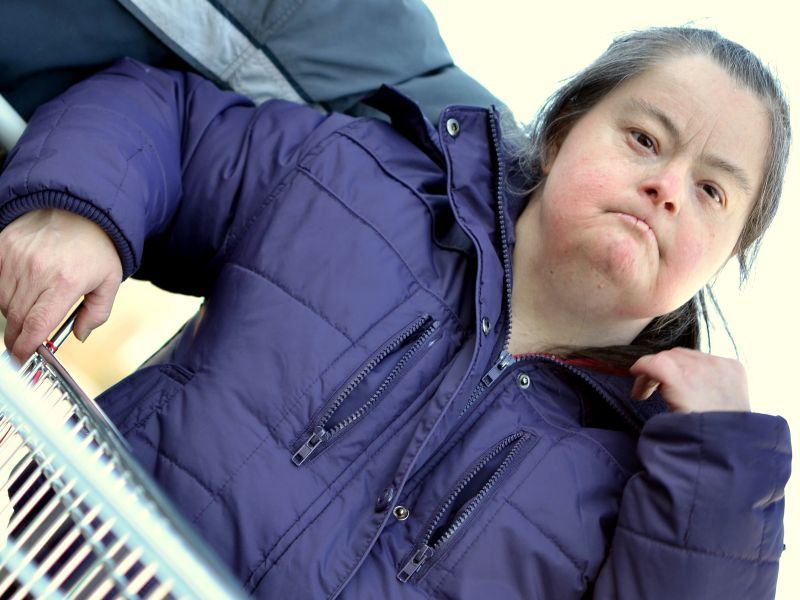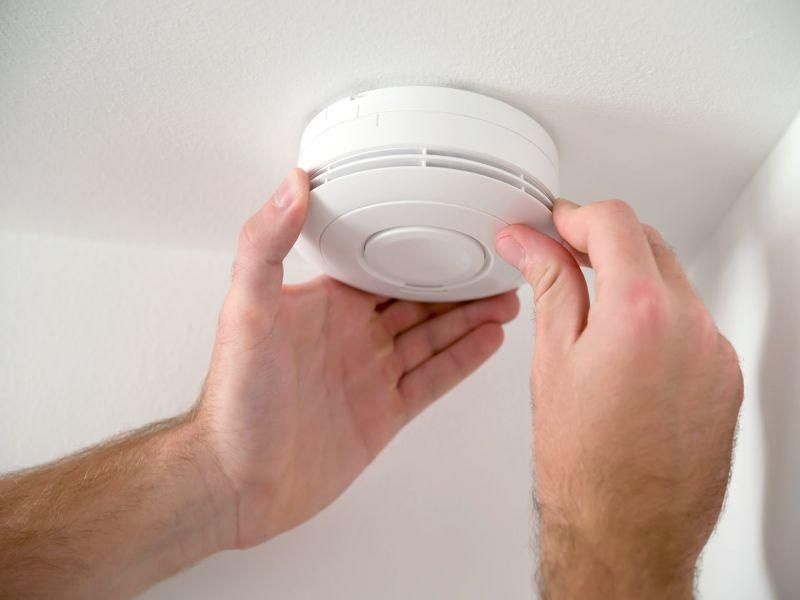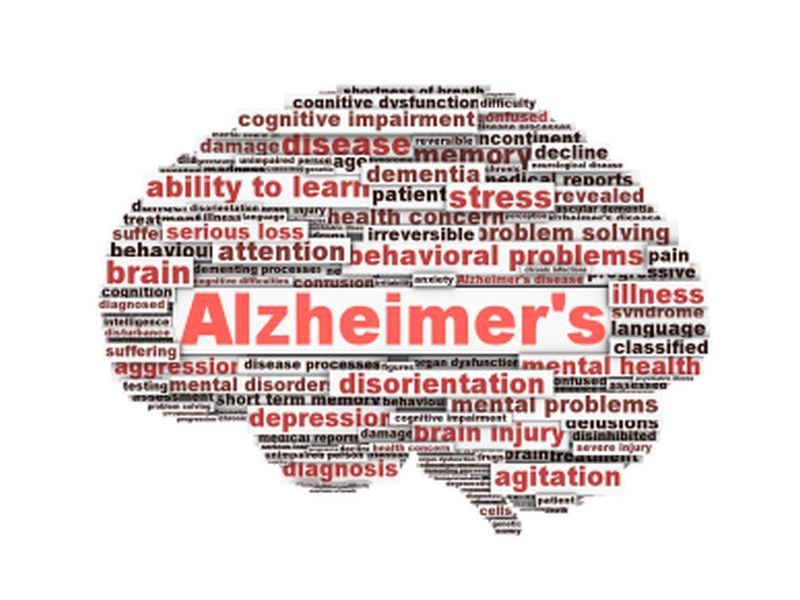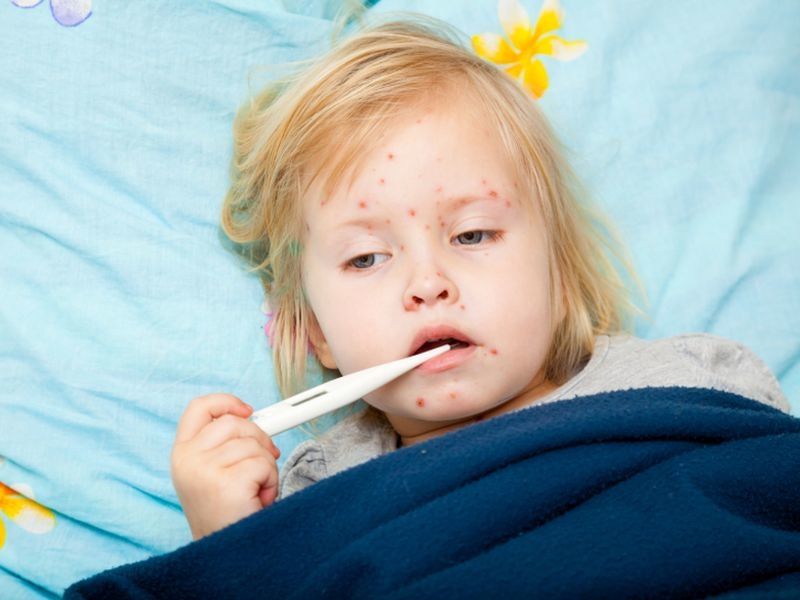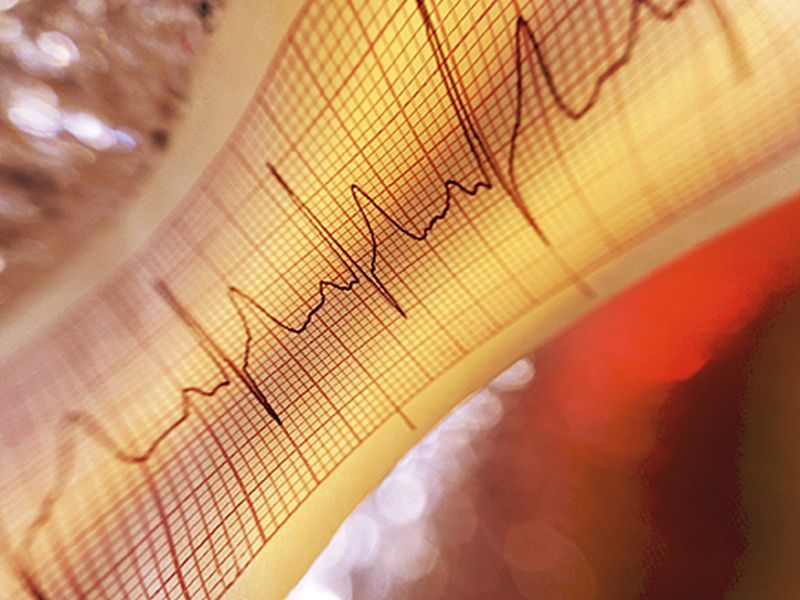
Why are men over 50 around the world 60% more likely than women to die early? Two big reasons are higher rates of smoking and heart disease, according to a large new study. The findings are based on an analysis of data from more than 179,000 people in 28 countries. Fifty-five percent were women. Researchers… read on > read on >










